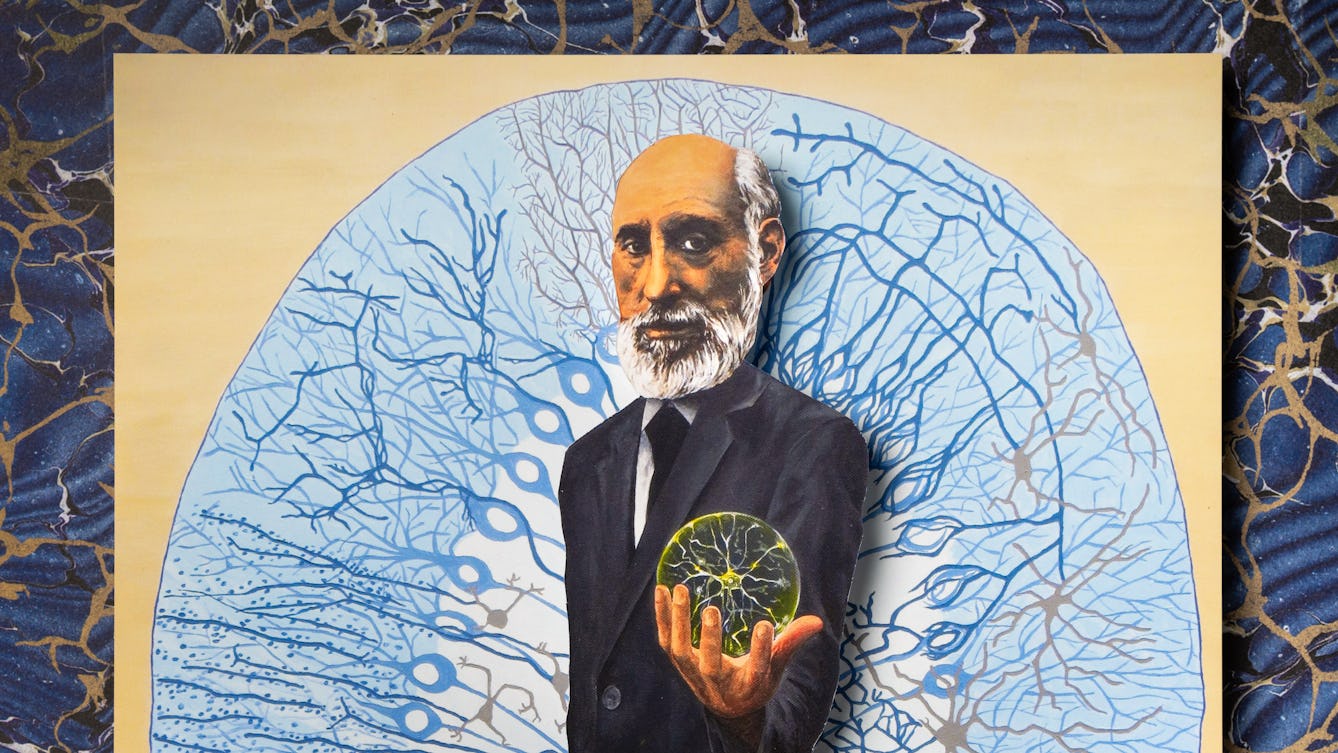
- Book extract
- Book extract
The shape of thought
Santiago Ramón y Cajal’s description of the moment in 1887 when he saw a brain cell for the first time never fails to move neuroscientist Richard Wingate to tears. Here he captures that enduring sense of wonder.

- Article
- Article
Society, not Covid-19, makes us vulnerable
Rick Burgess coped with the death of his mother in February 2020 by immersing himself in the task of protecting his community from Covid-19 and challenging the government's failure to protect and support elderly and Disabled people during the pandemic.
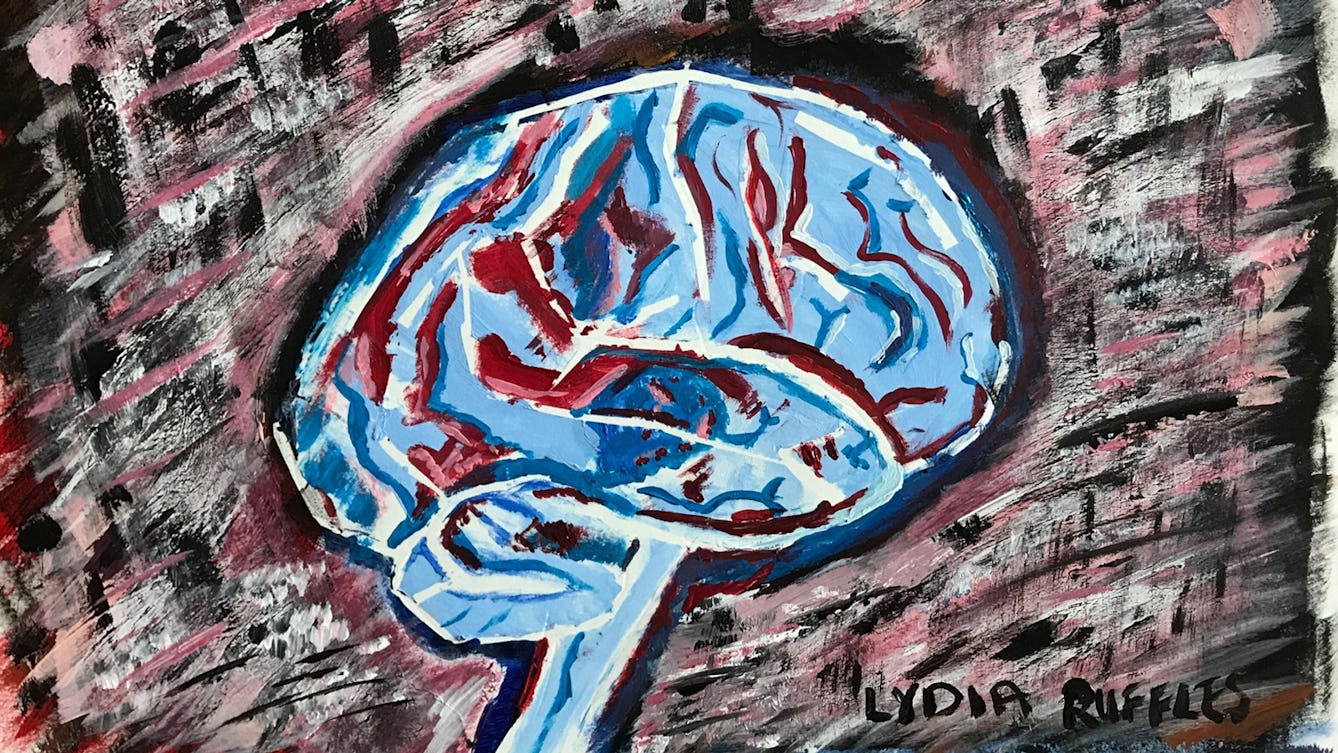
- Article
- Article
Migraine, creativity and me
Novelist Lydia Ruffles explores how migraine has made her mind stretch, shrink, widen and change, and how it’s influenced her art.

- Article
- Article
Unmasking neurodivergent parenthood
Observing her eldest child’s neurodivergent traits and supporting his education set Erin Beeston wondering about her own ‘odd’ behaviour in childhood, and whether adult diagnosis could be empowering.
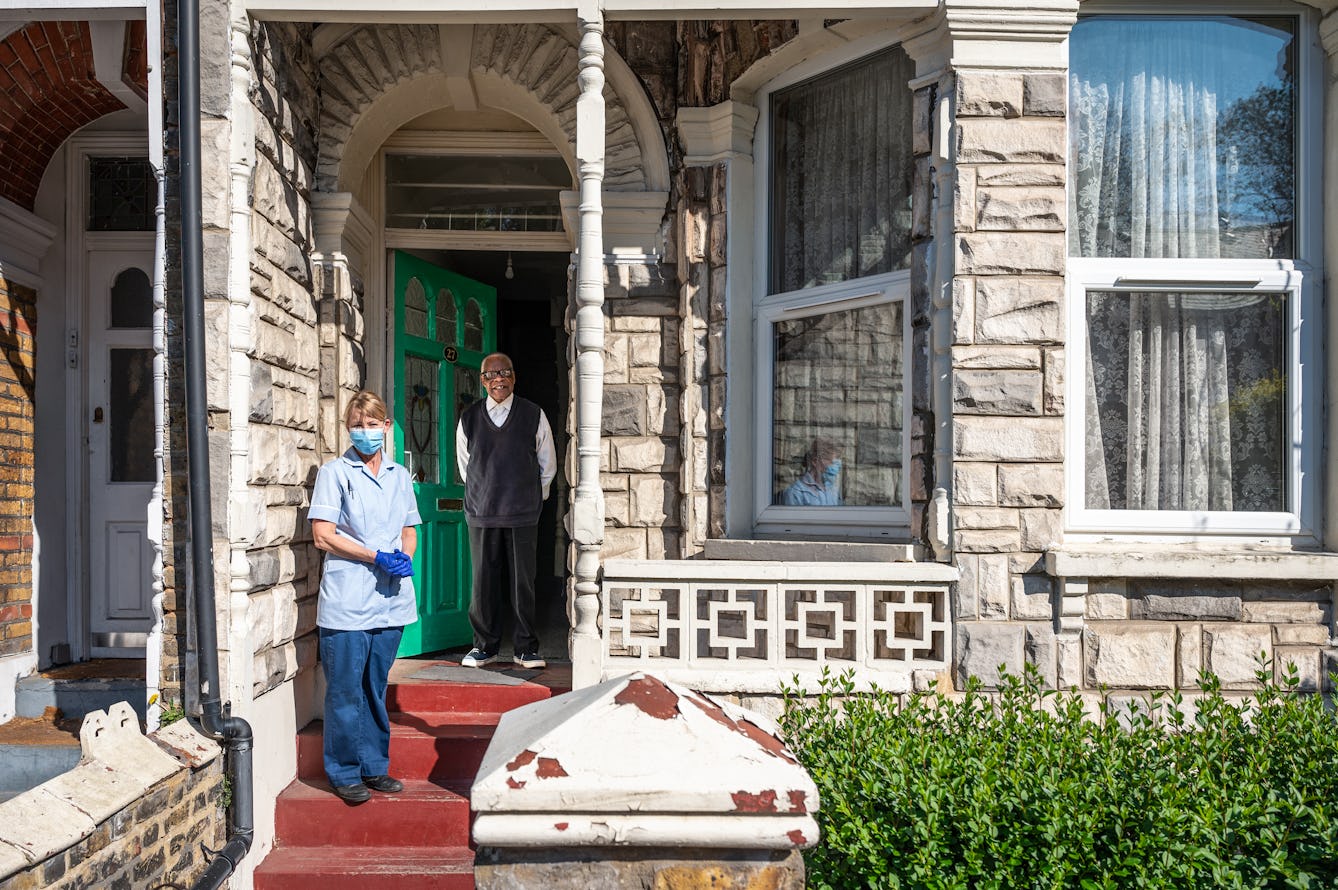
- Book extract
- Book extract
How to stay together while keeping apart
Vivek Murthy explores how we can keep physically distant while staying emotionally connected.

- Article
- Article
Shame and how our bodies betray us
Embarrassment about our desires, bodies and bodily functions can silence us. Lucia Osborne-Crowley asks whether a low-level but constant sense of shame is stopping us getting the help we need.

- Article
- Article
Wonder Woman’s wonder women
Discover more about the women who inspired an icon: Wonder Woman’s story of bondage, bracelets and birth control.

- Article
- Article
Dynamo on the past, present and future of magic
The magician takes a tour and shares stories of history and inspiration.

- Article
- Article
Rebuilding my identity after a brain injury
Chris Miller talks about how a brain injury forced him to reassess his place in the world – physically, personally and socially.
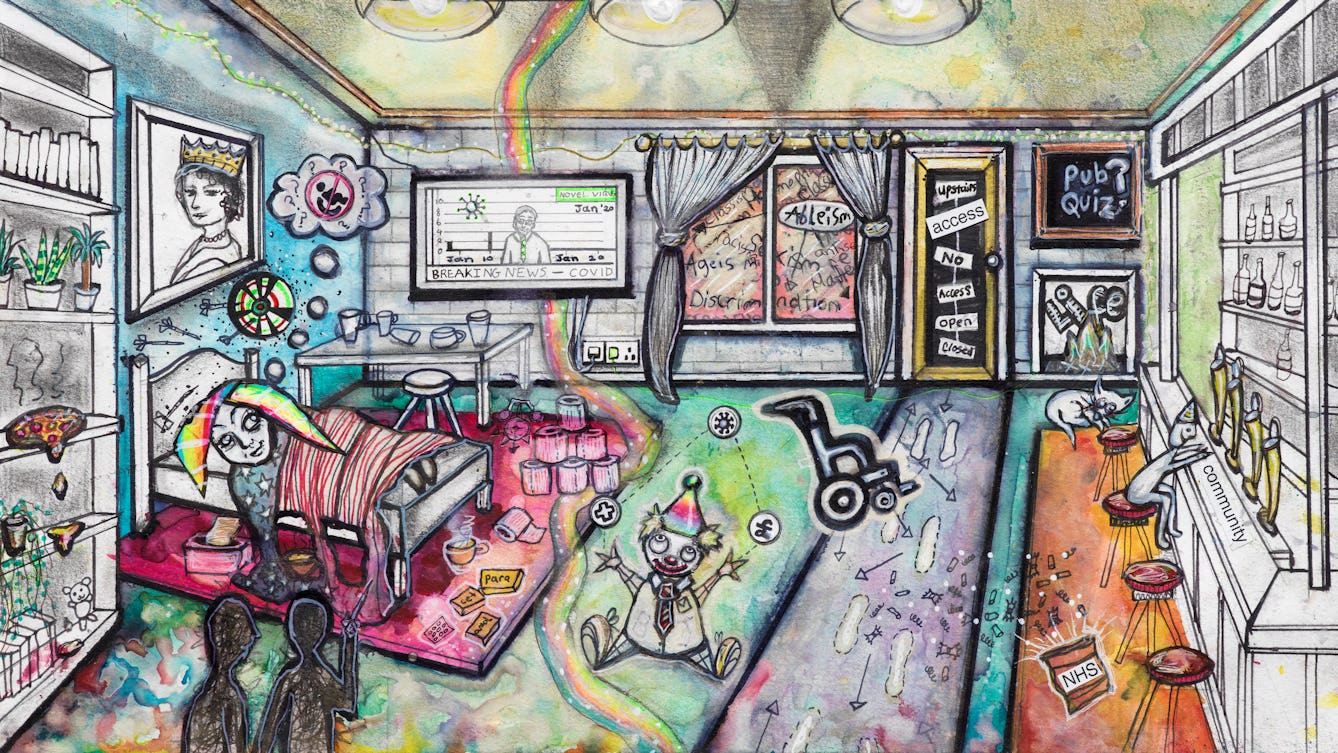
- Article
- Article
Our Covid complicity
Athena Stevens thought she had a cold that she tried to ignore, but it turned out to be Covid-19. Here she reflects on how we have all put ourselves and others at risk with the choices we’ve made during this pandemic.

- Article
- Article
Remote diagnosis from wee to the Web
Medical practice might have moved on from when patients posted flasks of their urine for doctors to taste, but telehealth today keeps up the tradition of remote diagnosis – to our possible detriment.

- Article
- Article
Synaesthesia, or when senses overlap
What’s it like to see heartbeats, taste Tube stations or hear paintings?

- Long read
- Long read
Healthy scepticism
Healthcare sceptics – like those opposed to Covid-19 vaccinations – often have serious, nuanced reasons for doubting medical authorities.

- Photo story
- Photo story
From chef’s whites to medical scrubs
Meet the machinists who have rapidly switched from making clothing for hospitality staff to uniforms for hospital workers.
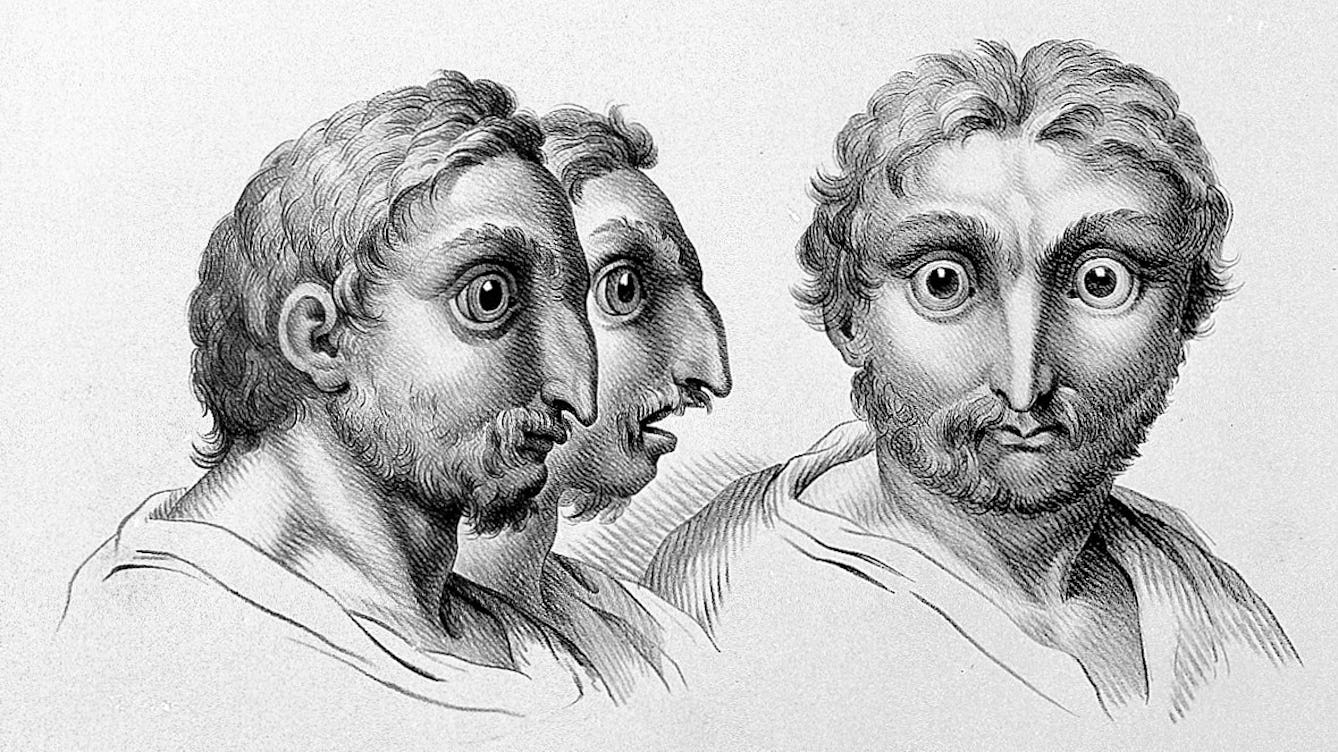
- Article
- Article
Drawing the human animal
We might try to deny our animal instincts, but this series of extraordinary 17th-century drawings suggests they are only too apparent.
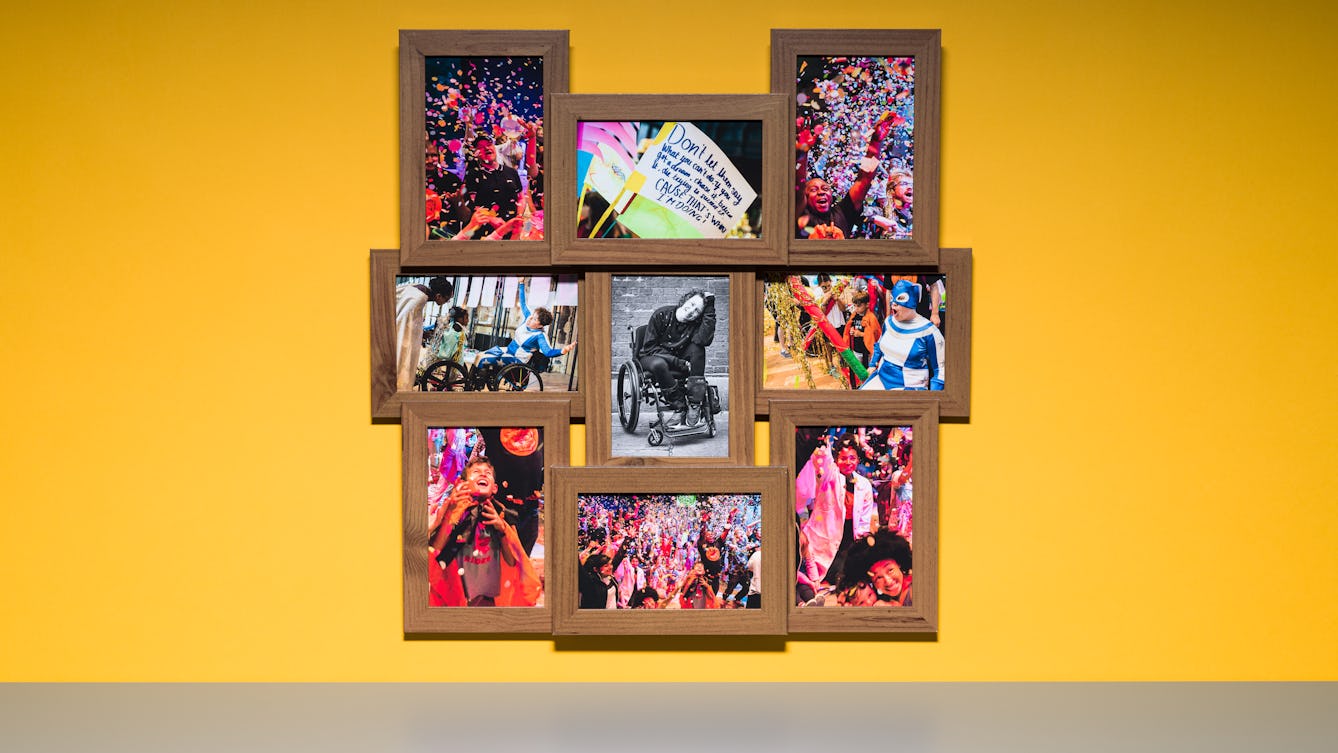
- Article
- Article
Rejecting shame and a decade of change
Jess Thom spent years trying to ignore and suppress the tics of Tourette’s syndrome. Read what happened when she decided to celebrate them instead.

- Article
- Article
The poetic language of health
When his doctors could only offer phone consultations, James Morland turned to poetry to make sense of the medical terms describing his symptoms and test results.

- Interview
- Interview
Inside the minds of A R Hopwood and Honor Beddard
The curators of ‘Smoke and Mirrors’ reveal the stories behind the exhibits, and the intriguing truths the show confronts us with.
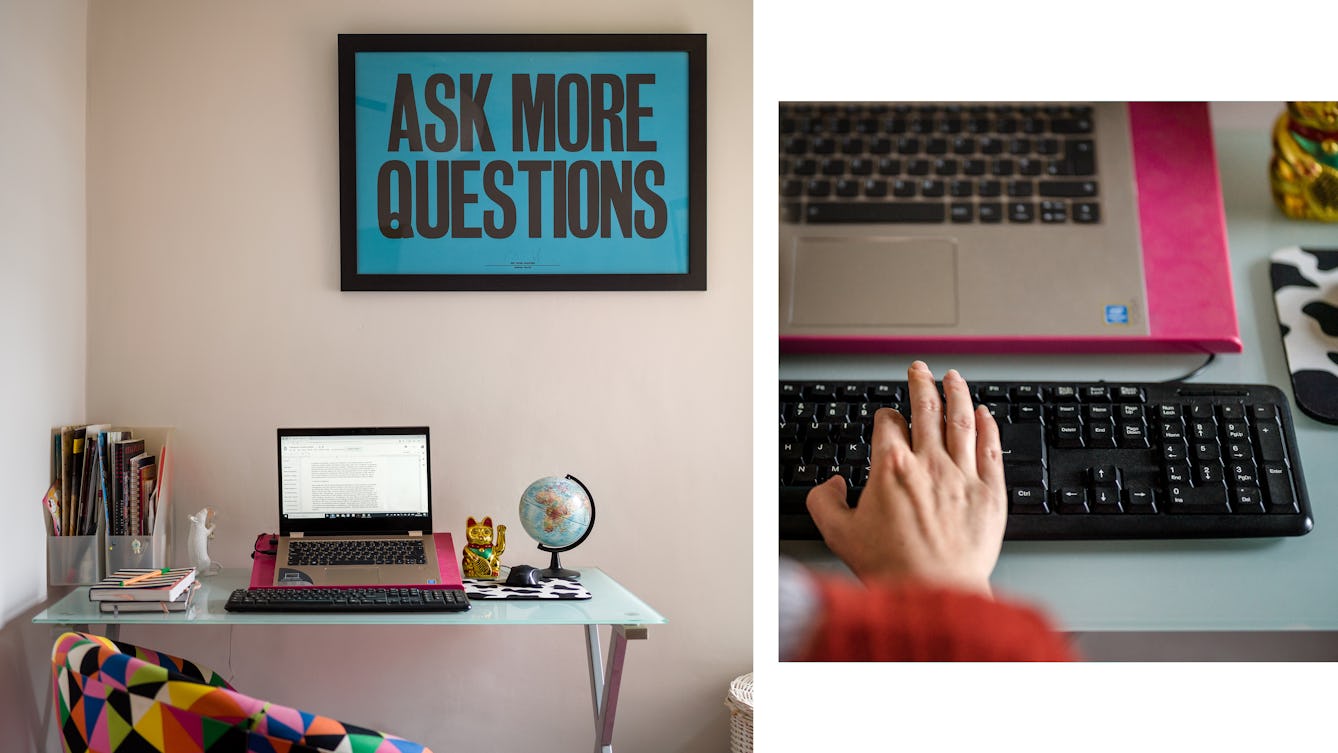
- Article
- Article
How writing helps me manage schizophrenia

- Article
- Article
Living with early onset Parkinson’s
Ten years ago, three little words changed Pete Langman’s world.
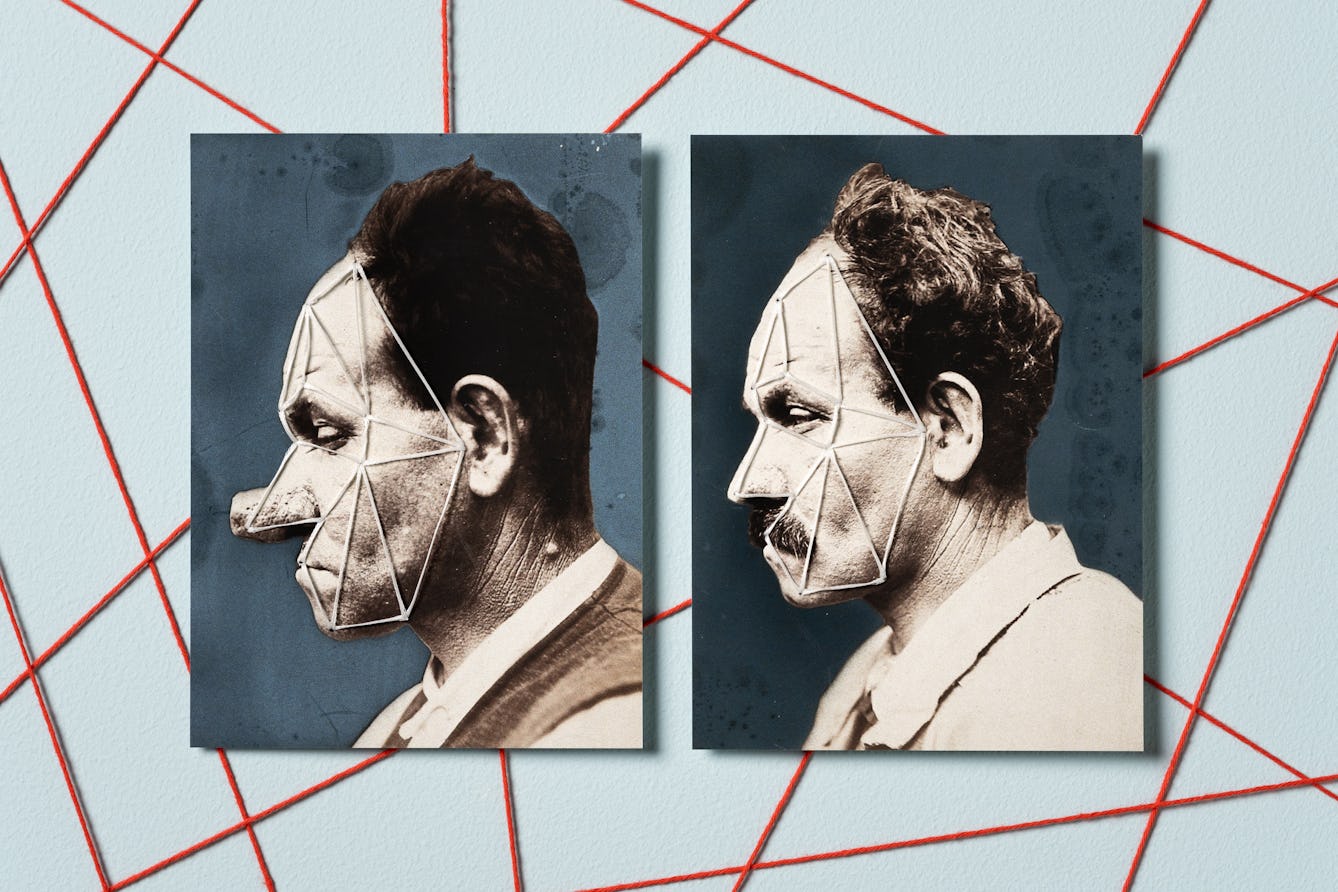
- Article
- Article
Why even plastic surgery can’t hide you from facial recognition
Once upon a time, plastic surgery allowed a few notorious criminals to evade the law. But today, sophisticated facial-recognition technology has turned dreams of anonymity to dust.
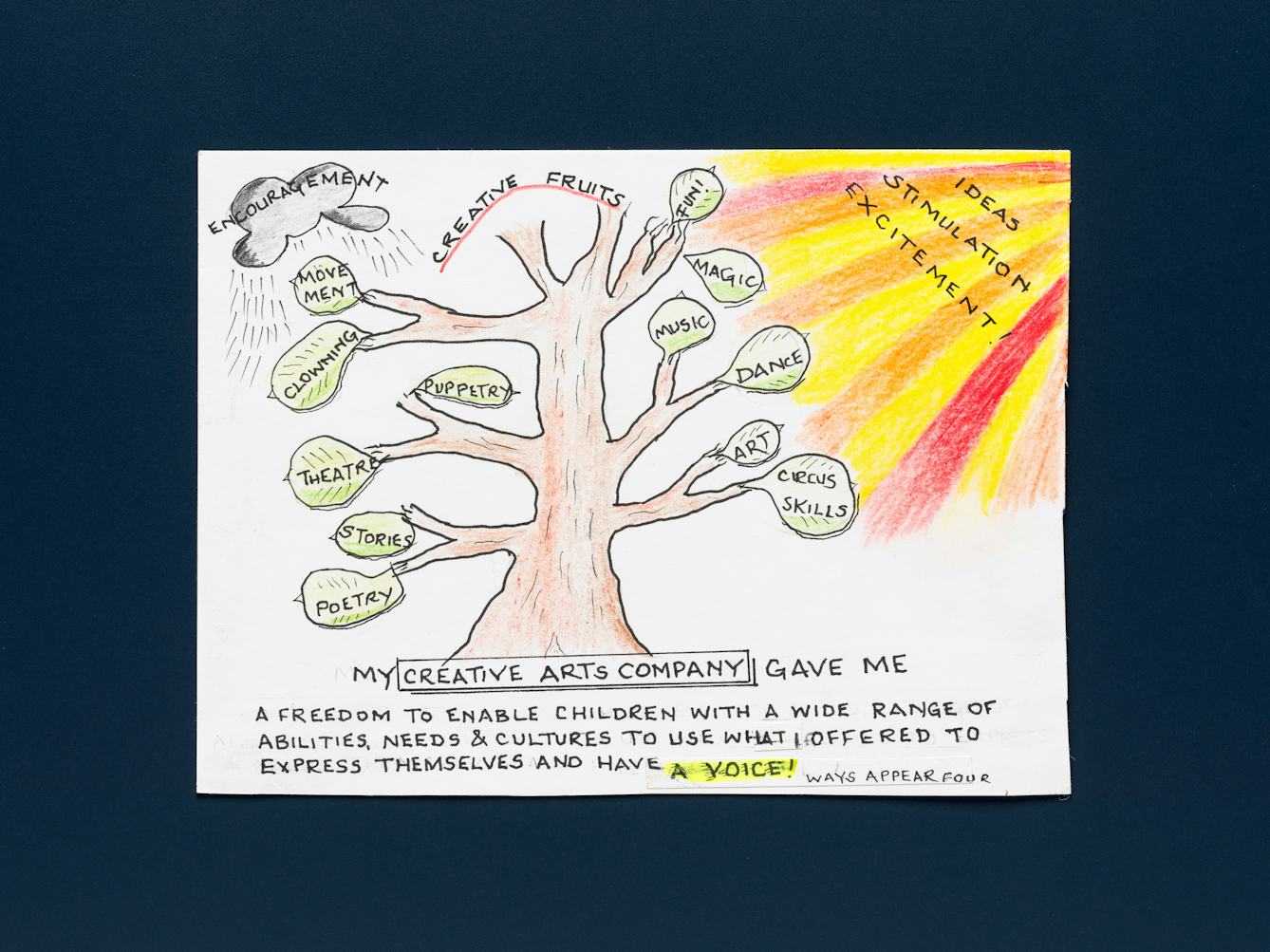
- Article
- Article
Ways appear
While his sense of body shame meant the personal side of his life was unfulfilled, Chris’s career was rewarding. His own childhood experiences gave him profound empathy for the children he worked with.

- Article
- Article
Tripping for spiritualism and science
Getting high in the name of religion or creativity has been practised for centuries. Now it seems hallucinogenics could help treat mental illnesses too.
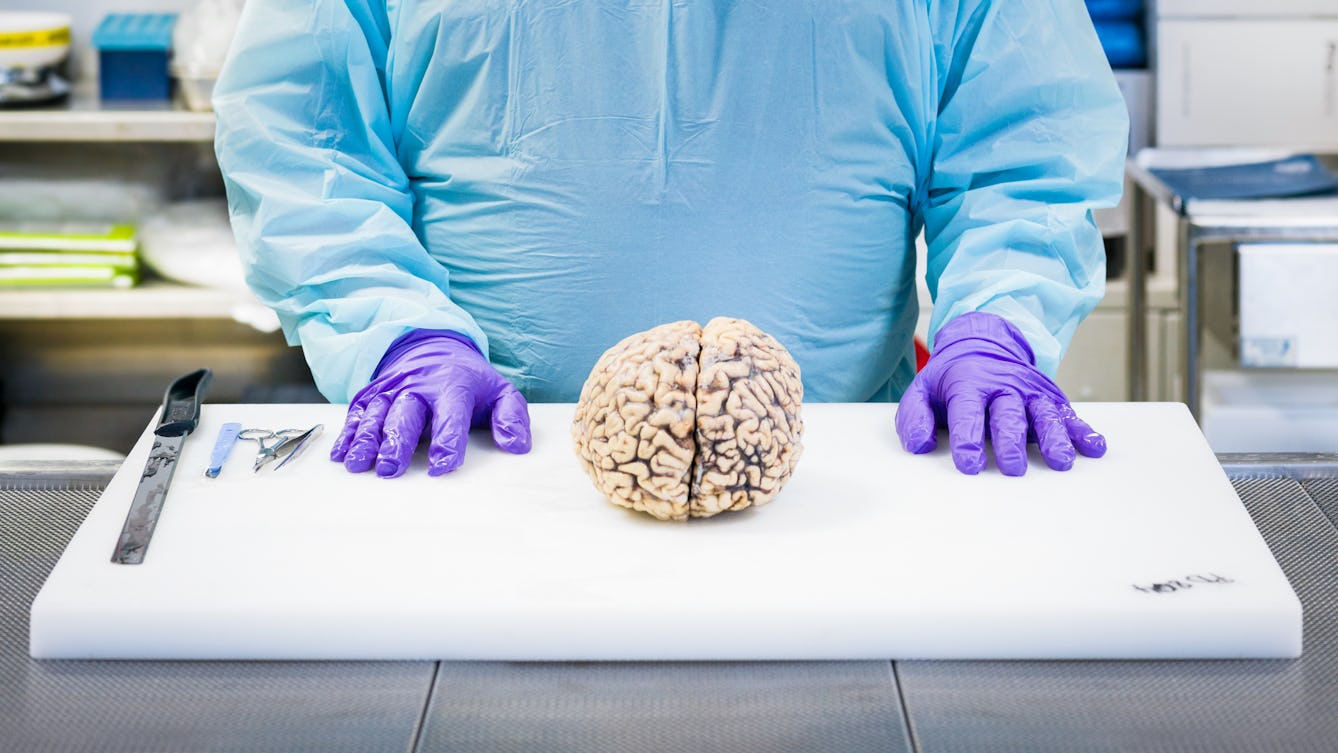
- Article
- Article
The anatomy of a brain dissection
Dissecting the brain after death not only helps confirm a diagnosis, but it can also teach us so much more about the symptoms and causes of brain diseases and how to treat them.

- Article
- Article
When self-deception becomes global hoax
Being deceived isn’t always a case of believing someone else’s lie. Experiments have shown that many of us can be manipulated into accepting our own fictions as true.